Ask an Optometrist: Why is it Important to Have Regular Eye Health Checks?
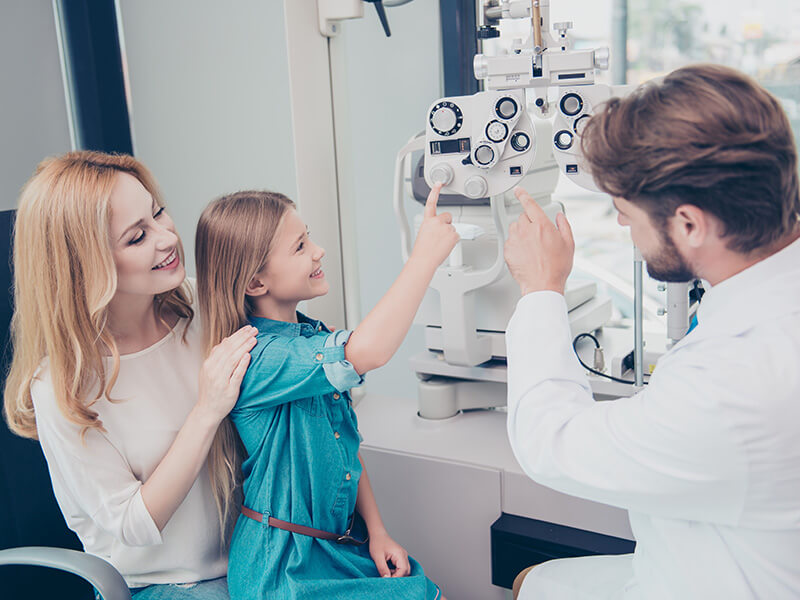
Although we are not conscious about it most of the time, our eyes are some of the organs we most often use. We use them to read, watch television, and see and recognise people around us.
We often take for granted the fact that our eyesight is working perfectly. Once our vision becomes blurry, or we experience partial loss of vision, then that’s the only time we decide to make an appointment with an optometrist for a vision screening and eye health evaluation.
Early Eye Disorder Detection
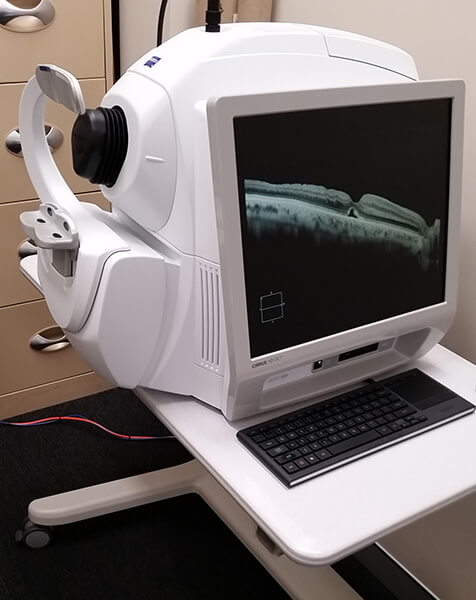
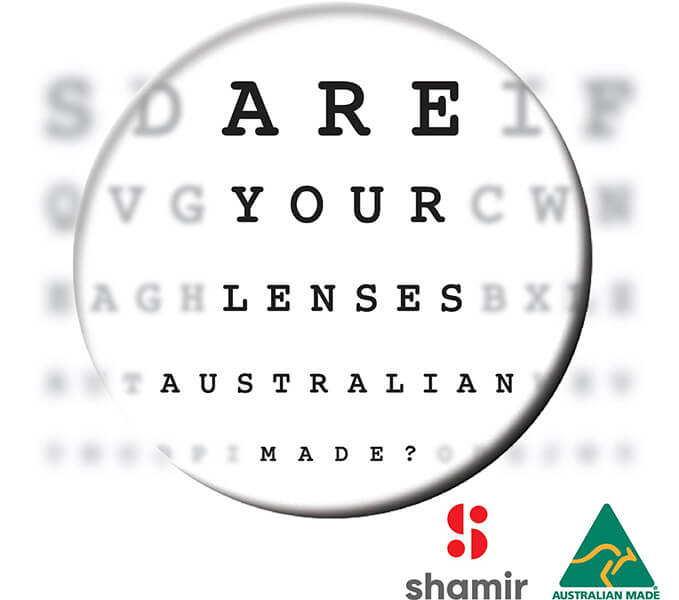
The truth is we need regular vision and eye health screenings to ensure that our eyesight is functioning properly. We also need a periodic eye exam to detect any eye disorders we might have.
Take cataracts as an example. Cataracts typically appear in middle age and worsen as you get older. The changes in vision are not noticeable at first. But they become more noticeable as one ages, resulting in partial or total loss of vision.
Having your eyes checked regularly by an optometrist is a good way to catch cataracts early on. Same goes for other eye conditions, including macular degeneration, astigmatism, myopia, glaucoma, and more.
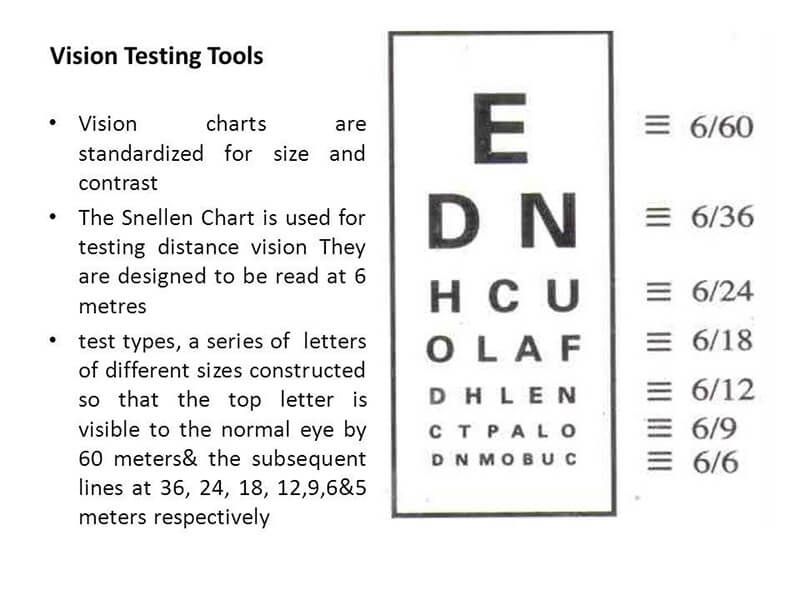
Prompt and Timely Treatment
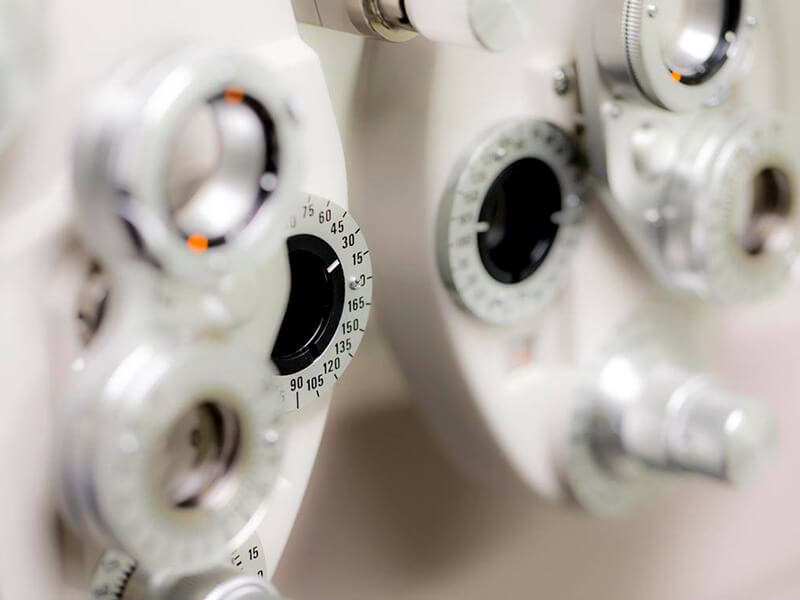
When eye disorders are detected earlier, your optometrist can help you prevent progressive vision loss and recommend treatment to correct poor eyesight. They can also connect and refer you to an ophthalmologist for further treatment.
Detect Other Health Conditions
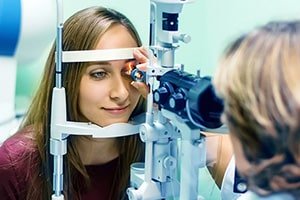
Eye and Vision Health Check FAQs
What can I expect during a regular vision and eye health exam?
We will conduct some tests to assess your vision and examine your eyes for any disorder or infection. This is also a good time to mention if your eyes are in pain, if they have recently been injured or if you have noticed changes to your vision.
Is this your first visit? Then feel free to tell us your medical history. We want to know if you have diabetes, high blood pressure, or any general health disorder and what medication you take. We also want to know if you’re wearing eyeglasses or contact lenses.
Next, we’ll test your vision with the help of an eye chart. This is the part where we cover your one eye while the other eye reads the chart. We can use numbers and pictures for younger children if need be.
Your vision and eye evaluation is incomplete without a phoropter test. A phoropter is a device that contains several lenses, and is used to test for astigmatism, myopia (shortsightedness), and hyperopia (longsightedness). We will then prescribe corrective eyeglasses if required.
A thorough vision and eye exam will also include an evaluation of your retina, pupils, and nerves.
At what age should my kids make their first visit to an optometrist?
Make your first appointment when your child reaches their 6th month. If we don’t find any issues, then your next appointment will be when your child is 3 years old. The next one will be when your child reaches the age of 6.
If we detect any vision or eye health problems during your child’s check-up and we recommend a treatment, then we require you and your child to come back more frequently. If we don’t recommend any treatment, then visit us again after two years.
Do I need periodic vision and eye evaluation?
Yes! If you’re a young adult who has perfectly fine eyesight, then it is recommended that you have a complete evaluation every two to three years. Your doctor can recommend a treatment should they discover a problem with your eyes. They can also advise on when you should make an appointment for another test.
If you’re a senior, then visit us for an eye health check each year or two.
